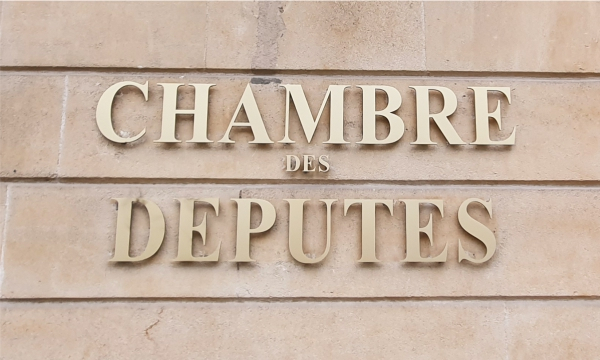
On Thursday 5 May 2022, Luxembourg's Minister of Culture, Sam Tanson, presented the bill to the Culture Committee of the Chamber of Deputies (Luxembourg Parliament), amending the law of 25 June 2004 on the reorganisation of state cultural institutes.
In her speech, the Minister Tanson recalled the need for this initiative, which amounts to modernising the legislation governing key elements of the promotion of cultural heritage in Luxembourg.
The amended law of 25 June 2004 on the reorganisation of the cultural institutes of the State, recognises in its current content, resulting from the law of 25 February 2022 relating to cultural heritage, the existence of eight cultural institutes of the State, main guardians of the archaeological, architectural, movable, documentary, archival and intangible heritage, as they now represent the backbone of culture in Luxembourg:
- National Archives,
- National Library,
- National Audiovisual Centre,
- National Literature Centre,
- National Institute for Archaeological Research,
- National Institute for Architectural Heritage (formerly called 'Service des sites et monuments nationaux'),
- National Museum of History and Art,
- National Museum of Natural History.
Since 2004, these cultural institutes have been confronted with a development and multiplication of their missions, as well as a growing demand from the public and cultural workers. The purpose of this bill is to respond to this development by providing for the adaptations that have become necessary for the proper functioning of the institutes.
An update of the general and specific missions of the institutions will thus make it possible to better account for the evolution of the role adopted by the cultural institutes in the fields of study, conservation and research of the cultural heritage. A work programme, as provided for by the law on the general status of civil servants, will then define the specificities related to the implementation of the missions granted to them.
Among the other main changes introduced by the new text, note the possibility of recruiting up to two deputy directors as well as the ability to set up a scientific committee. Furthermore, the bill provides for the possibility of granting the title of “scientific collaborator” to voluntary collaborators.








